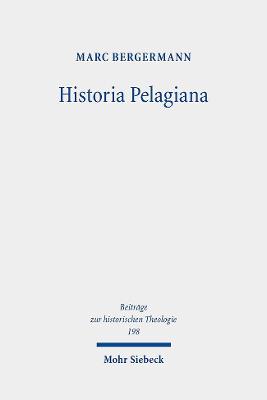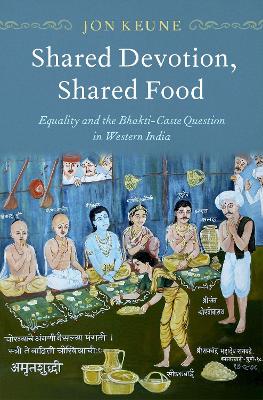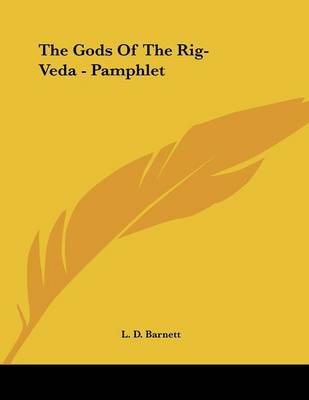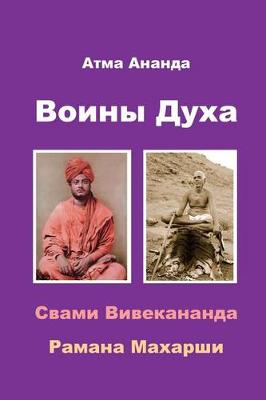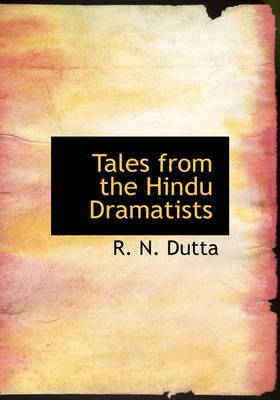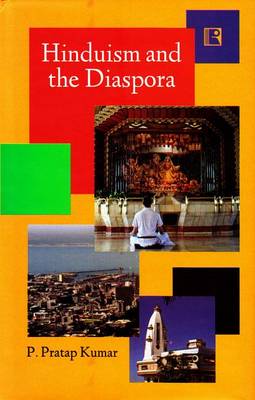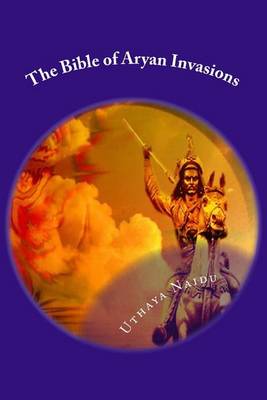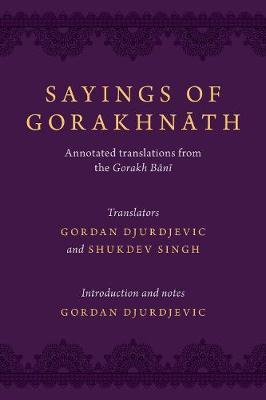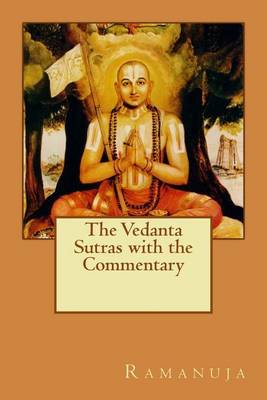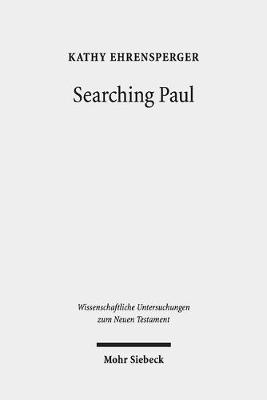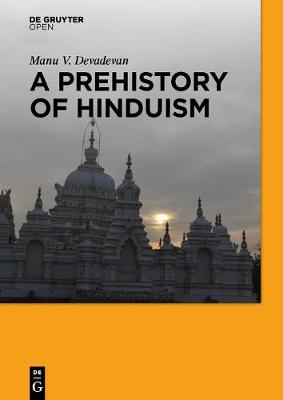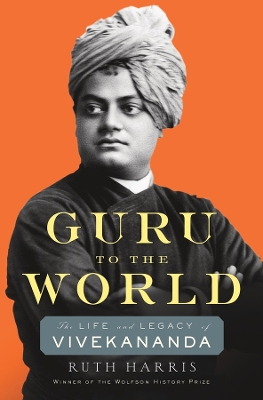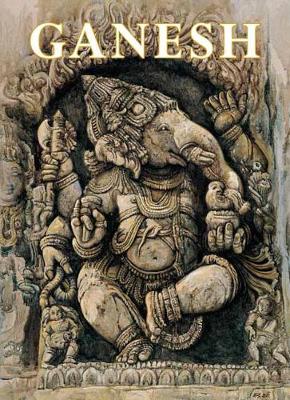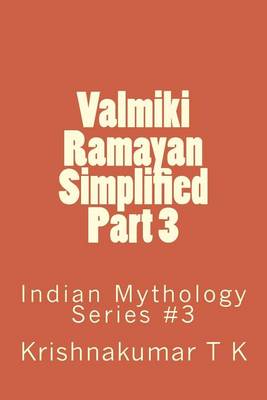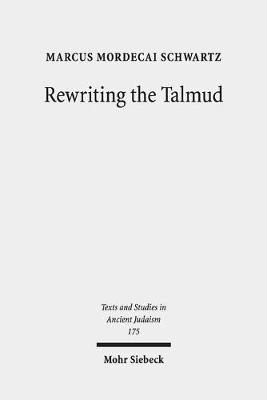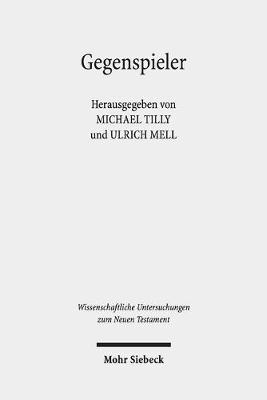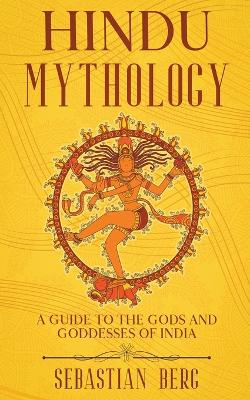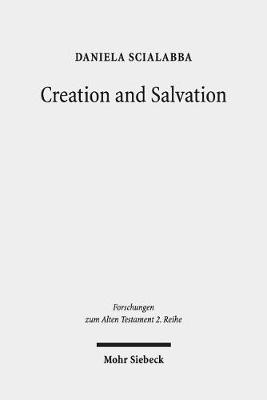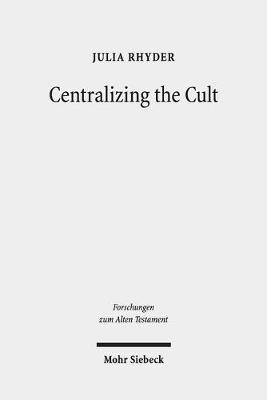Historia Pelagiana (Beitrage zur historischen Theologie, #198)
by Marc Bergermann
Wie gestaltet sich das Verhaltnis von goettlicher Allmacht und Pradestination zur menschlichen Freiheit und Verantwortung? Die dogmatischen Fragestellungen, die der pelagianische Streit im funften Jahrhundert aufwarf, hatten weitreichende Folgen fur die christliche Anthropologie, Sunden- und Gnadenlehre. Verfechter eines optimistischen Menschenbildes galten in dessen Folge fur Jahrhunderte als Feinde der Gnade und Anhanger des Haretikers Pelagius. Die Erbsundenlehre seines Widerstreiters Augusti...
When Hindu devotional or bhakti traditions welcomed marginalized people-women, low castes, and Dalits-were they promoting social equality? In this book, Jon Keune deftly examines the root of this deceptively simple question. The modern formulation of the bhakti-caste question is what Dalit leader B. R. Ambedkar had in mind when he concluded that the saints promoted spiritual equality but did not transform society. While taking Ambedkar's judgment seriously, Jon Keune argues that, when viewed in...
Toledot Yeshu in Context (Texts and Studies in Ancient Judaism, #182)
The Jewish "Life of Jesus" or Toledot Yeshu provides one of the most extraordinary accounts of the beginnings of Christianity. The narrative describes Jesus as child born of adultery, a charlatan, and a false prophet who performed would-be miracles through the use of magic. Throughout the centuries, the story aroused the ire of anti-Jewish polemicists, delighted anti-clerical authors, and was viewed by Jewish scholars as a subject of embarrassment. Toledot Yeshu presents us with a formidable cou...
Searching Paul (Wissenschaftliche Untersuchungen zum Neuen Testament, #429)
by Kathy Ehrensperger
Firmly rooted in his ancestral Jewish traditions, Paul interacted with, and was involved in vivid communication primarily with non-Jews, who through Christ were associated with the one God of Israel. In the highly diverse cultural, linguistic, social, and political world of the Roman Empire, Paul's activities are seen as those of a cultural translator embedded in his own social and symbolic world and simultaneously conversant with the diverse, mainly Greek and Roman world, of the non-Jewish nati...
This book is a pioneering attempt to understand the prehistory of Hinduism in South Asia. Exploring religious processes in the Deccan region between the eleventh and the nineteenth century with class relations as its point of focus, it throws new light on the making of religious communities, monastic institutions, legends, lineages, and the ethics that governed them. In the light of this prehistory, a compelling framework is suggested for a revision of existing perspectives on the making of Hind...
This book examines how major interpretations of quantum theory are progressing toward a more unified understanding and experience of nature. It offers subtle insights to address core issues of wave-particle duality, the measurement problem, the mind/body problem, determinism/indeterminism/free will, and the nature of consciousness. It draws from physics, consciousness studies, and 'ancient Vedic science' to outline a new holistic interpretation of quantum theory. Accessible and thought-provokin...
From the Wolfson History Prize–winning author of The Man on Devil’s Island, the definitive biography of Vivekananda, the Indian monk who shaped the intellectual and spiritual history of both East and West.Few thinkers have had so enduring an impact on both Eastern and Western life as Swami Vivekananda, the Indian monk who inspired the likes of Freud, Gandhi, and Tagore. Blending science, religion, and politics, Vivekananda introduced Westerners to yoga and the universalist school of Hinduism cal...
Valmiki Ramayan Simplified Part 3 (Indian Mythology, #3)
by Krishnakumar T K
Rewriting the Talmud (Texts and Studies in Ancient Judaism, #175)
by Marcus Mordecai Schwartz
In this study, Marcus Mordecai Schwartz argues that there were two distinct periods in which traditions from Rabbinic Palestine exerted their influence upon extended passages of B. Rosh Hashanah. This doubling of influence resulted in a Babylonian-born text with two distinct Palestinian ancestries. This oddly mixed parentage was responsible for Bavli texts that both resemble synoptic passages in the Yerusalmi and differ from them in substantial ways. The main project of this book is to trace the...
Gegenspieler (Wissenschaftliche Untersuchungen zum Neuen Testament, #428)
In fruhjudischer und urchristlicher Literatur treten in vielfaltiger Art und Weise Widersacher auf. Mithin hat sich die Entstehung einiger dieser Texte der Auseinandersetzung mit Gegnern erst zu verdanken. Inwiefern wurden solche gegnerische Gruppen oder Gestalten von den Autoren explizit oder implizit als Irrlehrer, Abtrunnige oder Kontrahenten wahrgenommen? Wo verliefen die Konfliktlinien innerhalb oder ausserhalb der jeweiligen sozialen, kulturellen oder religioesen Gemeinschaft? Wie gestalte...
Creation and Salvation (Forschungen zum Alten Testament 2. Reihe, #106)
by Daniela Scialabba
In recent decades, the debate on monotheism and religious pluralism has been strongly influenced by the idea that monotheism originating in the Old Testament is the root of intolerance and violence. In this study, Daniela Scialabba investigates inclusive tendencies in Old Testament monotheism, in particular theological principles motivating and supporting the possibility of a positive relationship between non-Israelites and the God of Israel. Thus, she examines three texts thoroughly: the Book o...
Judah and Samaria in Postmonarchic Times (Forschungen zum Alten Testament, #129)
by Gary N Knoppers
Focusing on Judean-Samarian interactions in Persian, Hellenistic, and Roman times, Gary N. Knoppers explores both commonalities and differences, rivalries and relationships, as these communities engaged one another in greater depth and complexity than scholars have previously thought. Some essays elucidate archaeological and epigraphic discoveries (Jerusalem, Mt. Gerizim excavations and inscriptions), while others illumine Jewish (Ezra, Chronicles, Josephus, Pseudo-Philo) and Samaritan (Samarita...
Centralizing the Cult (Forschungen zum Alten Testament, #134)
by Julia Rhyder
In this work, Julia Rhyder provides new insights into the relationship between the Holiness legislation in Leviticus 17-26 and processes of cultic centralization in the Persian period. The author departs from the classical theory that Leviticus 17-26 merely presume, with minor modifications, a concept of centralization articulated in Deuteronomy. She shows how Leviticus 17-26 use ritual legislation to make a new, and distinctive case as to why the Israelites must defer to a central sanctuary, st...
